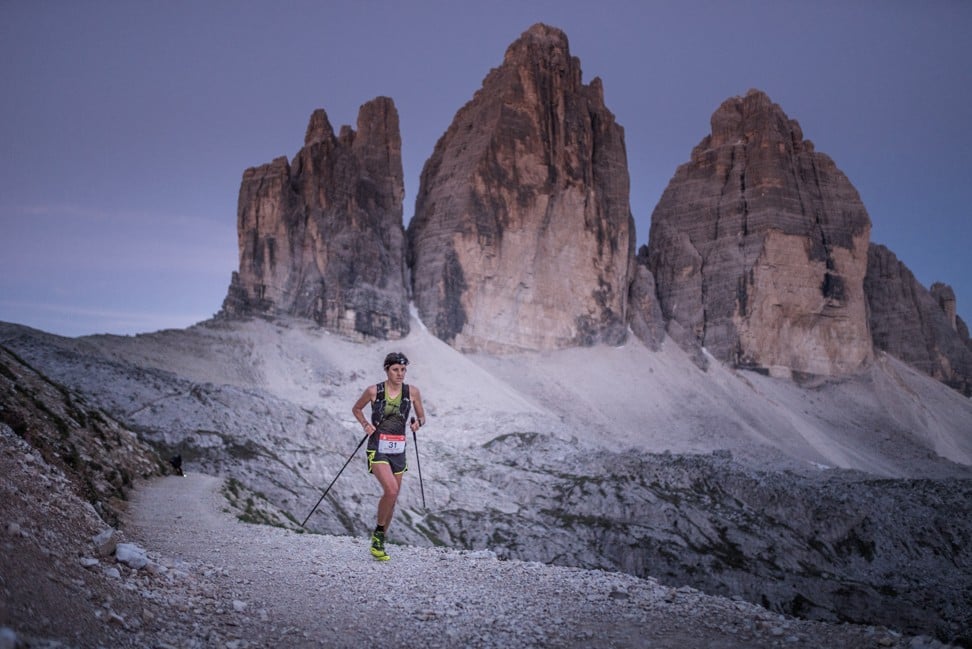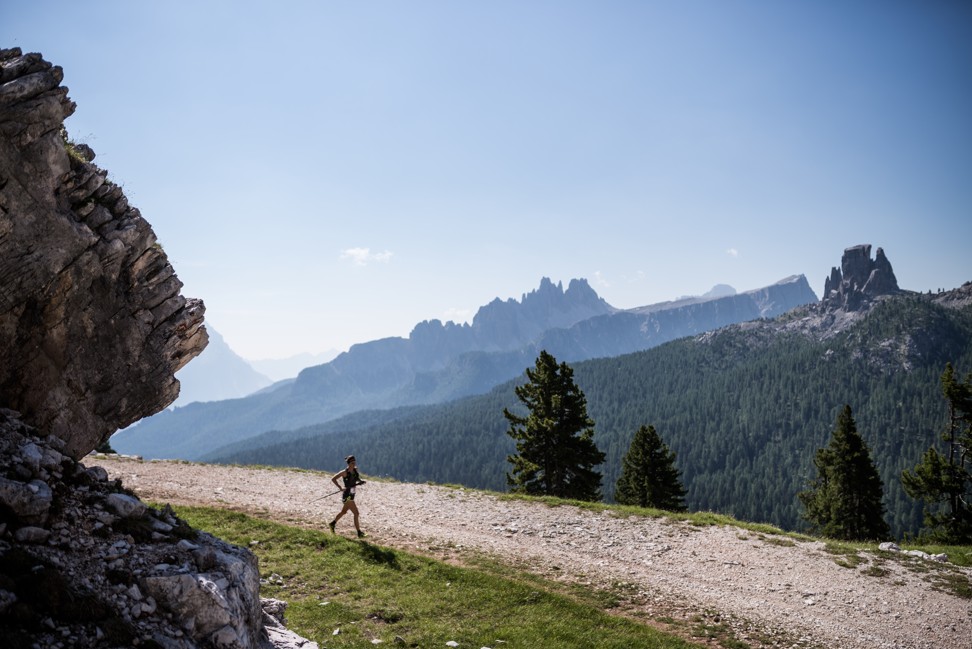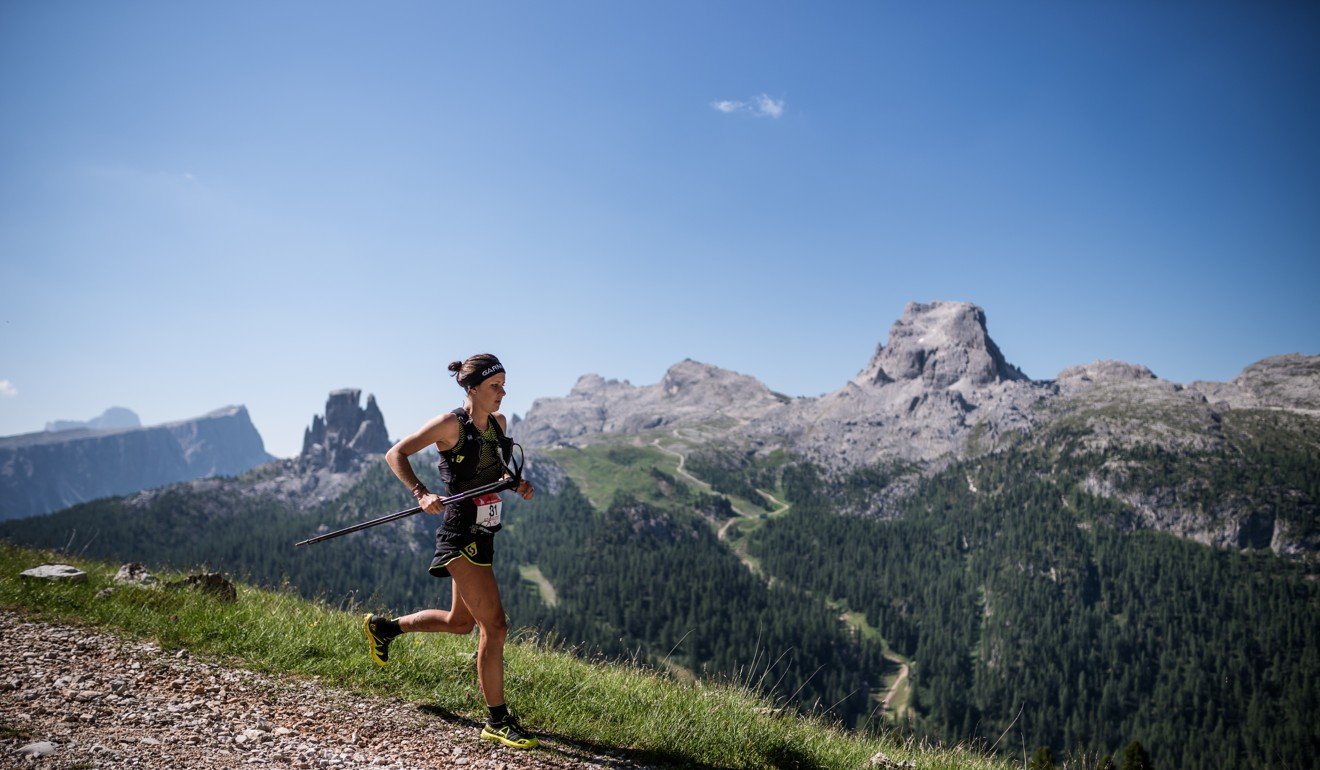
Ruth Croft urges runners not to yield to ultramarathons too soon, for fear of ending up like a house with no foundation
- Ruth Croft is the silver medallist at the Trail World Championships, winner of the 42km Mont Blanc Marathon and the 56km OCC champion at the UTMB
- Even with all her talent, the Kiwi learned a harsh lesson at the 120km Lavaredo in Italy
Trail running and ultras have become the in-thing over the past couple of years. Especially in Asia, the trail running scene is booming. People are bored with road races and switching over to the trails.
However, no longer are people racing 50km or 50 miles. We are pushing the envelope: how far can you run? 100 miles (161km)? 200 miles (322km)? Where does it stop? And what is the “why” behind it all?
“When will you do 100 miles?” I’m asked. “You haven’t run an ultra until you have run 100 miles”. I get an instant flashback to a time when I too was getting lured in by the shiny lights of the ultra world. It was the 120km Lavaredo in 2017 in Italy and I learned a valuable and painful lesson.
Leading up to Lavaredo, I was on track to run a 100-miler and I was eyeing either Western States or Ultra Trail du Mont Blanc (UTMB). The distances were getting longer. At the time I thought of a 50km race as short. Weekends were filled with spending hours on end on the trails. Two hours was a short weekend run.
My whole perception of distance had changed, I got trapped in the mindset of chasing quantity over quality. Incorrectly, I thought running more was going to make me a better runner.
Food is main concern for top ultra-runners going head-to-head in China

Going into Lavaredo, I was excited. I felt I had prepared adequately, but as it turned out race day did not provide the “enjoyable” experience I was hoping for.
The race kicked off at 11pm and while normal people were out having a quiet drink we were toeing the line about to run off into the darkness. The first 66km went smoothly but then things started to go figuratively downhill. I felt a wave of nausea which quickly transitioned to violently throwing up. I slowly kept making forward progress but the second half of the course contained even more climbing and my stomach didn’t settle. I switched from competitive to survival mode.

I wanted to pull out, but it was not an option given that I was still physically capable of finishing. It was during this time – I had plenty of time to think – that I started to question why I was doing this. I run to see and explore new places, be in nature, but really to test the mind and body by having to work through the physical and mental challenges. Do we have to run ultras to put ourselves through this test?
Running for this long through that sort of terrain can’t be good for you. I was moving for nearly 15 hours, throwing up, hourly ingesting energy products so that I could get myself to the finish line. The after-effects of such a race for me normally are nausea for 24 hours, sleeplessness from the gels and powders, swollen feet, water retention in my body of up to 4kg, physical fatigue, black toenails, and I don’t even want to imagine the detrimental long-term effects on my hormonal system. Not to forget that it normally turns me off even wanting to run – the sport I love so much – for some time afterwards.
The silver lining was I got a well-needed wake-up call and learned the importance of respecting the body and having patience. Doing that 120km taught me my body was not ready for 100 miles.
OCC winner takes break from trail running, but eyes future UTMB win

As humans, we want it all and we want it now. I had fallen victim to this mindset. I was caught up in the hype and stepped up to the longer distance too soon.
The difference between myself as an athlete wanting to perform and someone just wanting to finish is they normally go slower. Even so, we are both covering the same distance no matter what speed, and the runner just wanting to finish can be out there for up to twice as long as an elite athlete, which is another stress on the body. Not to mention that an elite athlete usually has many more years of consistent training and conditioning compared with someone who has only a few years’ experience.
What is the rush? Why do you have to complete 100 miles when your longest race is a 42km road marathon? Don’t be like me and learn the hard way. First try 50km, allow your body to adapt and get really strong at that distance, dial in your nutrition, then try 70km.
It is like trying to put the roof on a house without laying the foundation, it is just going to fall down. You most probably will be able to finish the race, but will you enjoy any of it if you have not prepared your body properly? What long-term damage will you do?
Lavaredo reminded me that running is a process, it is not about ticking boxes just to say I have run XX distance. It is supposed to be enjoyable and something that has longevity. We only have one body, and I am trying to learn to take more care of it. That means aborting the hype train heading for 100-mile city, and to have patience, a personality trait that can be hard to control.
